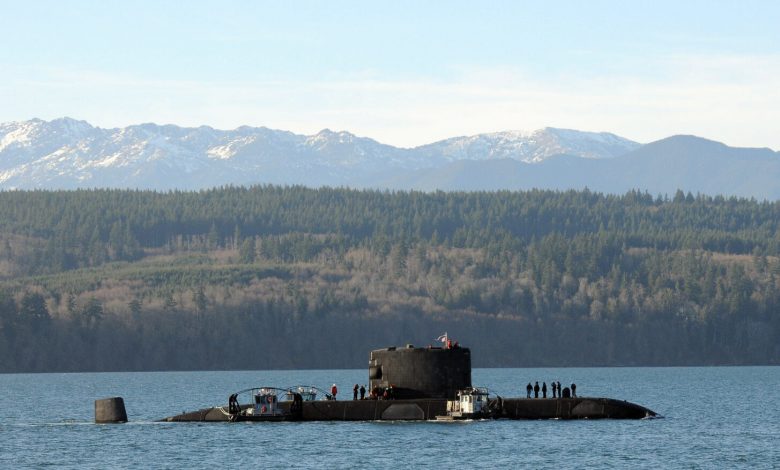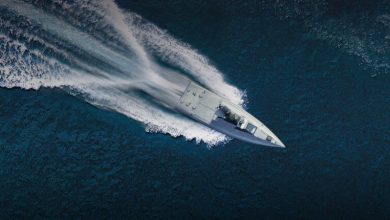Canada Narrows Next-Gen Submarine Competition to Thyssenkrupp, Hanwha

Canada has named Germany’s Thyssenkrupp Marine Systems and South Korea’s Hanwha Ocean as finalists to supply up to 12 new diesel-electric submarines for the Royal Canadian Navy.
Called the Patrol Submarine Project, the initiative will replace the service’s Victoria-class submarines, bought secondhand from the UK in the late 1990s and slated for decommissioning in the mid-2030s.
Ottawa estimates the program will cost up to 43 billion Canadian dollars ($31.1 billion) over its life cycle, with the first new submarine’s delivery due no later than 2035.
Launched in September 2024, the competition drew 25 submissions from international shipbuilders. Only Thyssenkrupp and Hanwha met Canada’s standards for endurance, stealth, and Arctic operations after corresponding review.
“This is about defending our sovereignty, protecting Canadians, and ensuring our Armed Forces have the tools they need,” Canadian Defence Minister David McGuinty commented on the decision.
“Through the Canadian Patrol Submarine Project, we are strengthening alliances, diversifying defence partnerships, and creating opportunities for Canadian industry.”
Contract by 2028
Canadian Prime Minister Mark Carney first announced the qualified suppliers in Berlin after meeting German Chancellor Friedrich Merz.
He and several ministers toured Thyssenkrupp’s shipyard, where the company is offering a 3,000-ton (2,721,554-kilogram) design built for long-range patrols and Arctic deployment.
Local Canadian media predict that Thyssenkrupp’s platform will be similar to the Type 212CD system, which is currently being constructed under a joint shipbuilding effort between Germany and Norway.
Meanwhile, Carney is expected to make a similar visit to Seoul in October to review Hanwha Ocean’s facilities.
The firm is leading South Korea’s bid with its KSS-III submarine, which is also currently being built under a separate program with the Republic of Korea Navy.
Hyundai Heavy Industries is participating as a partner under a government-backed agreement to boost joint bids overseas.
Negotiations with the two suppliers are ongoing, with a contract expected by 2028. Canadian officials said an earlier deal is possible if talks progress quickly.





